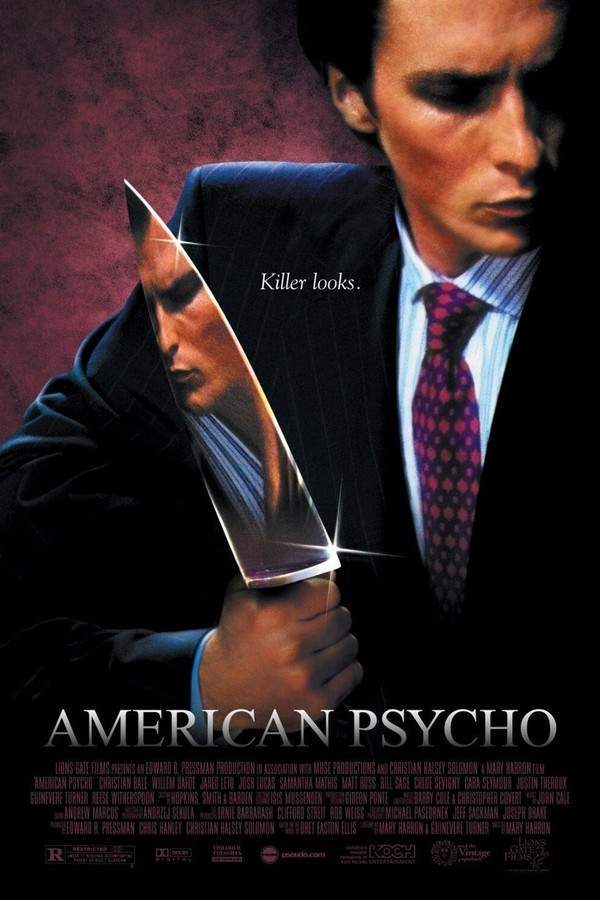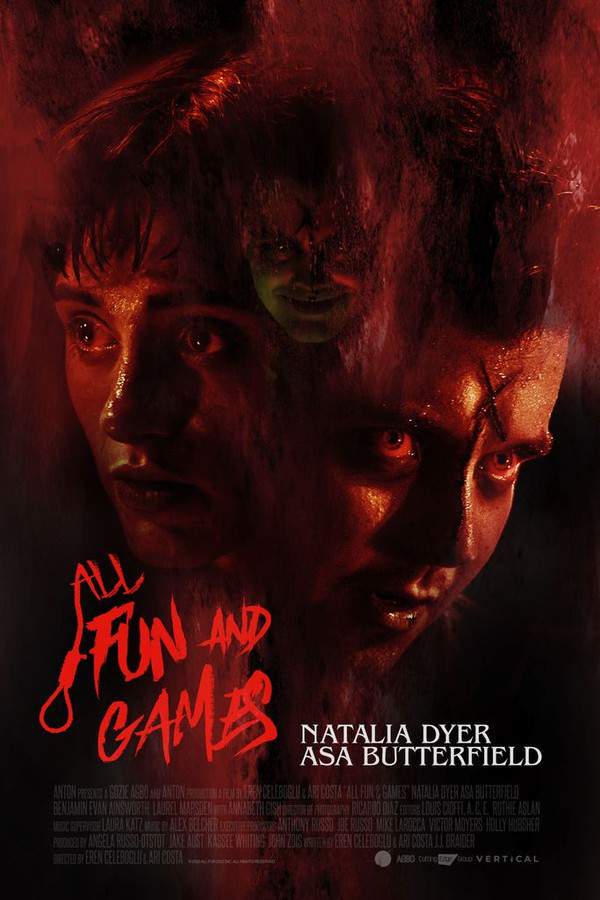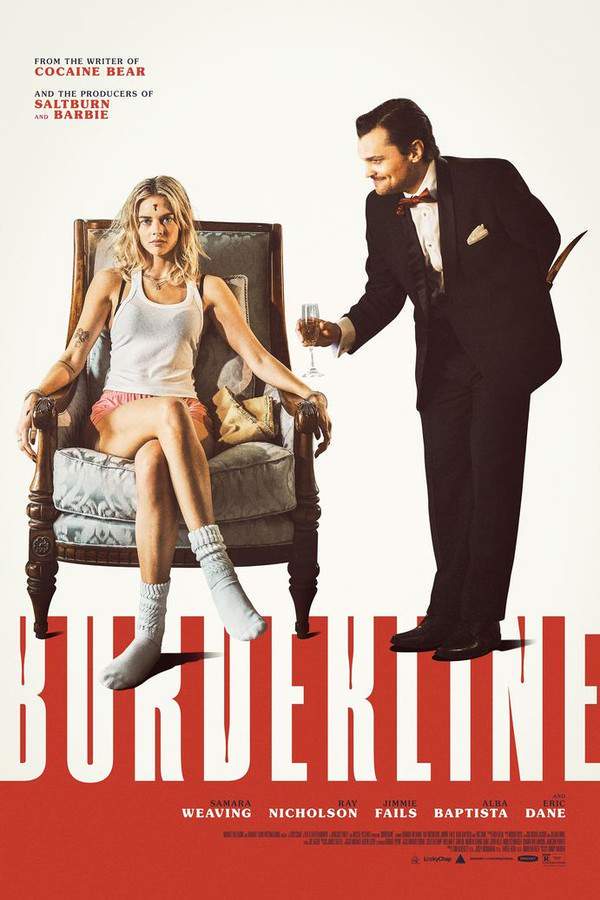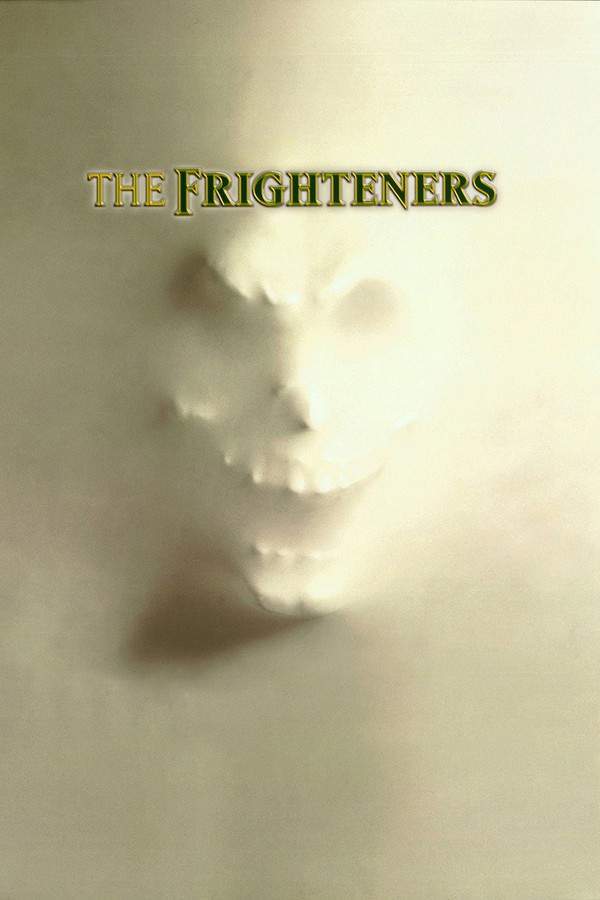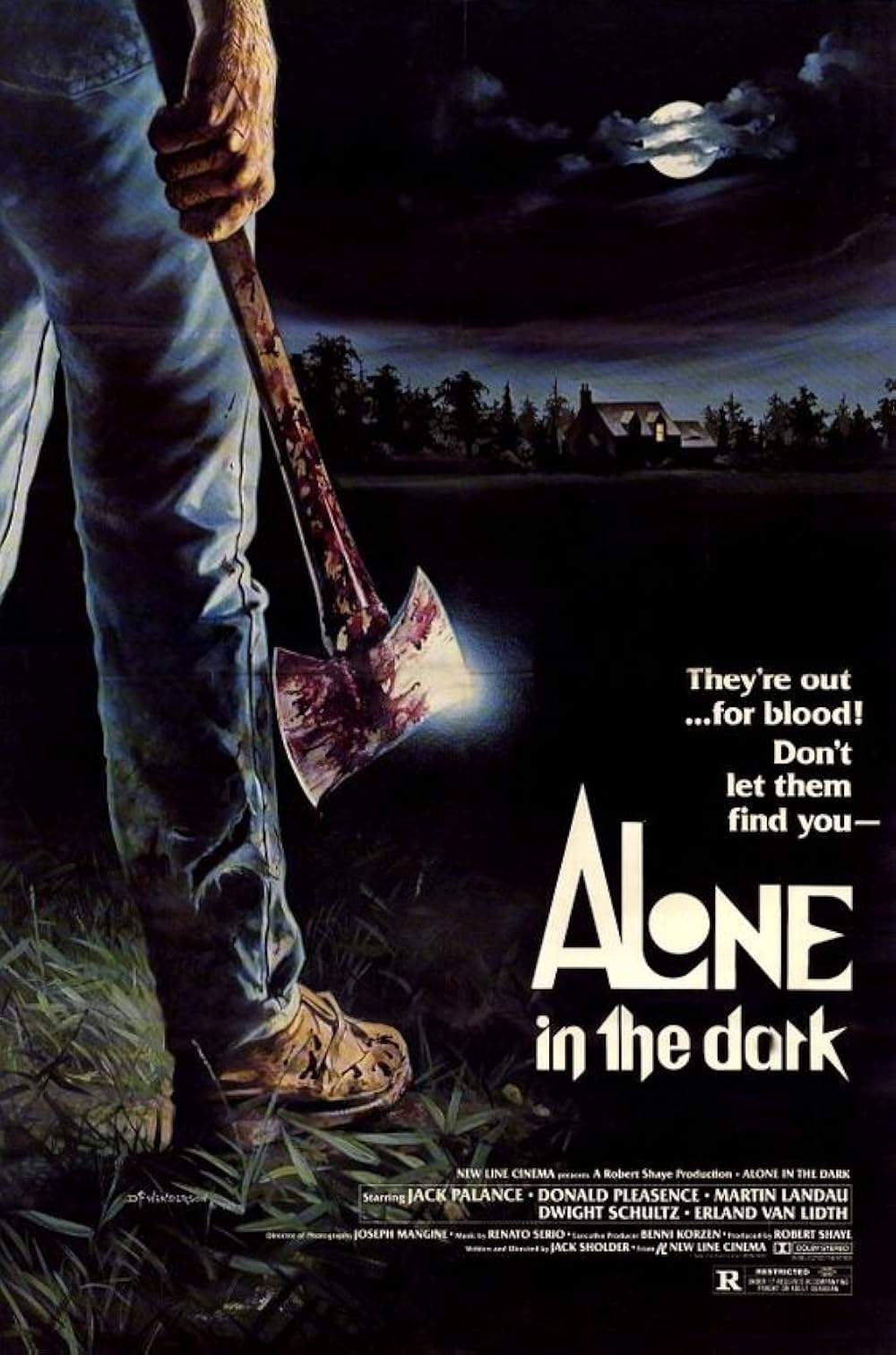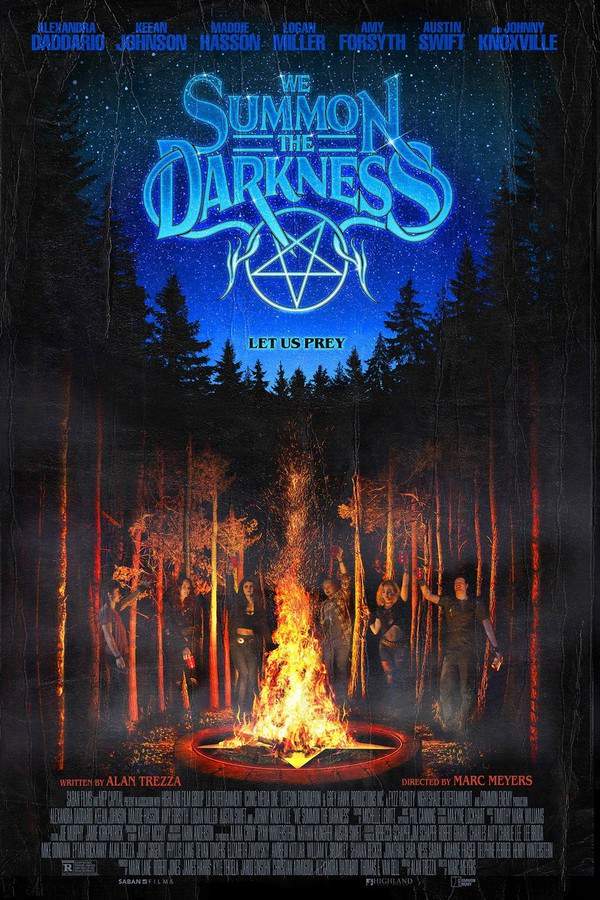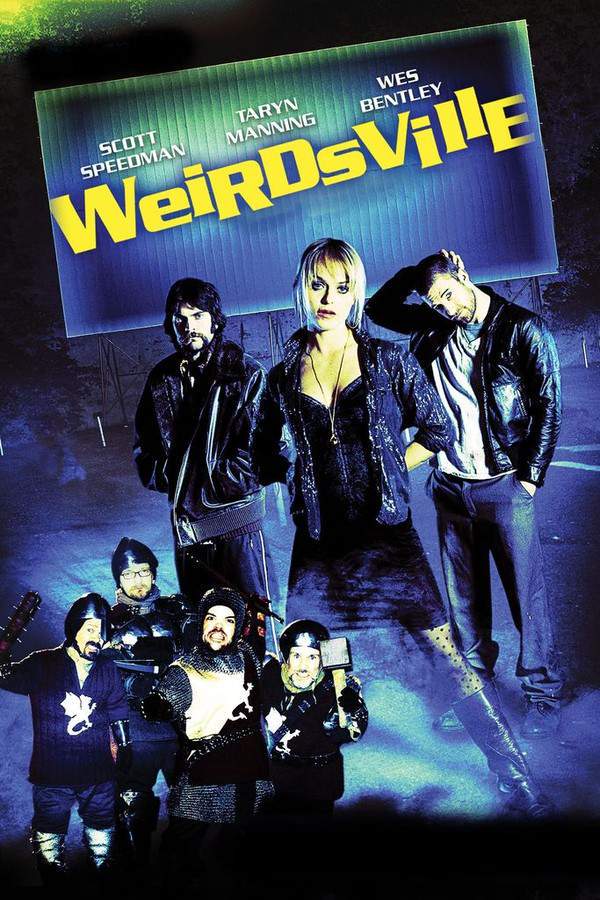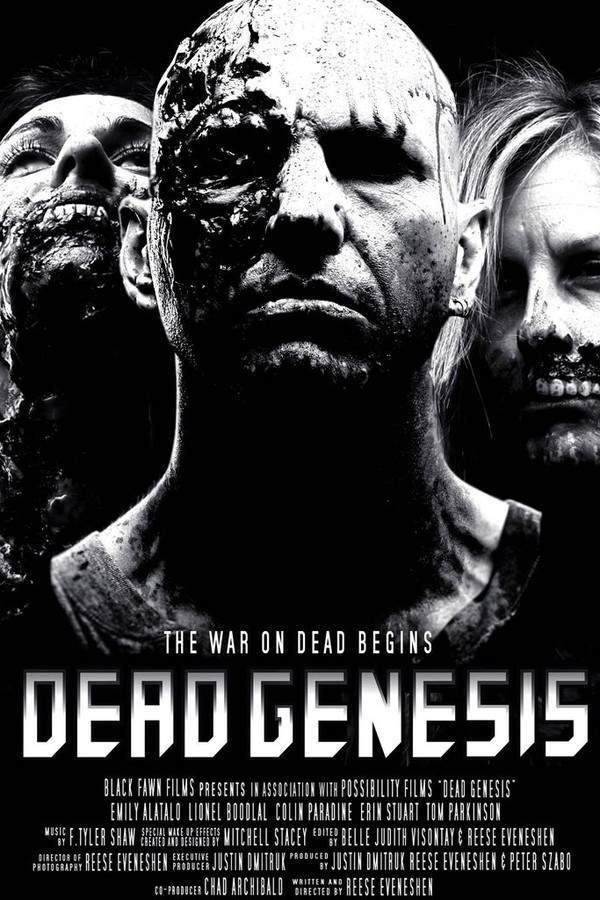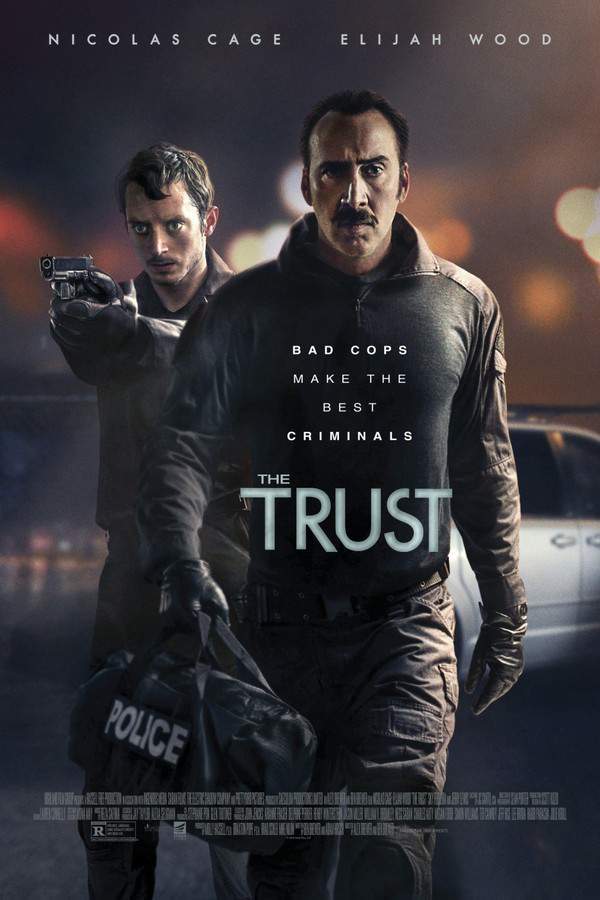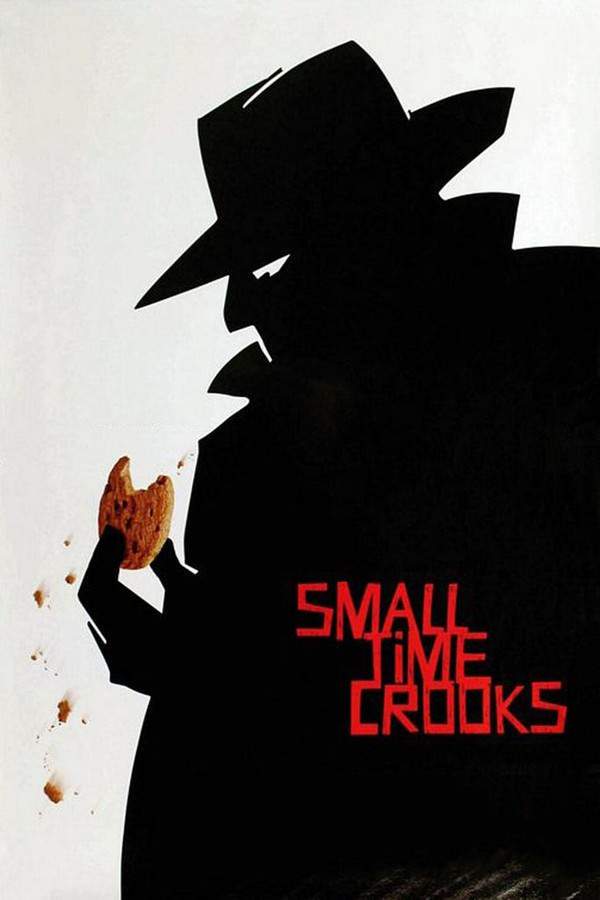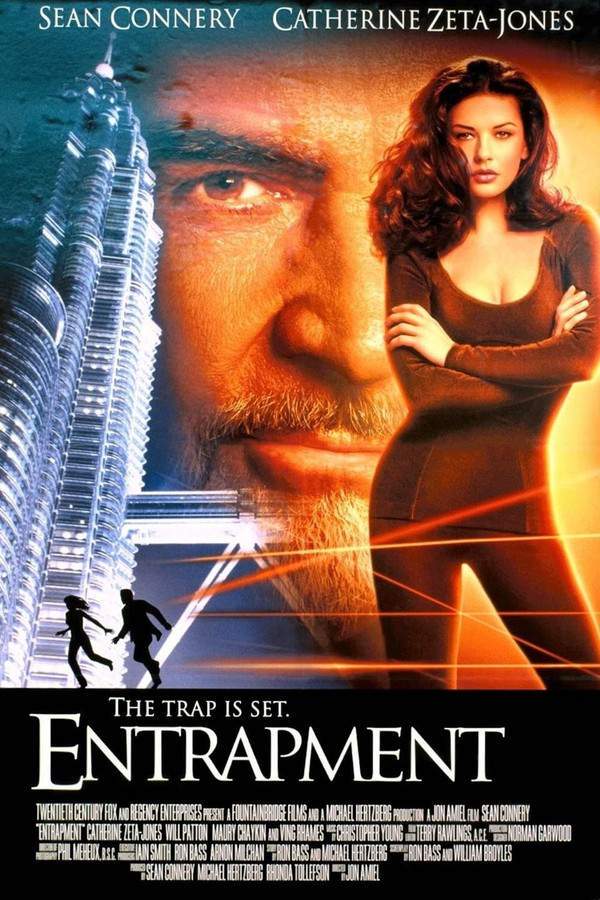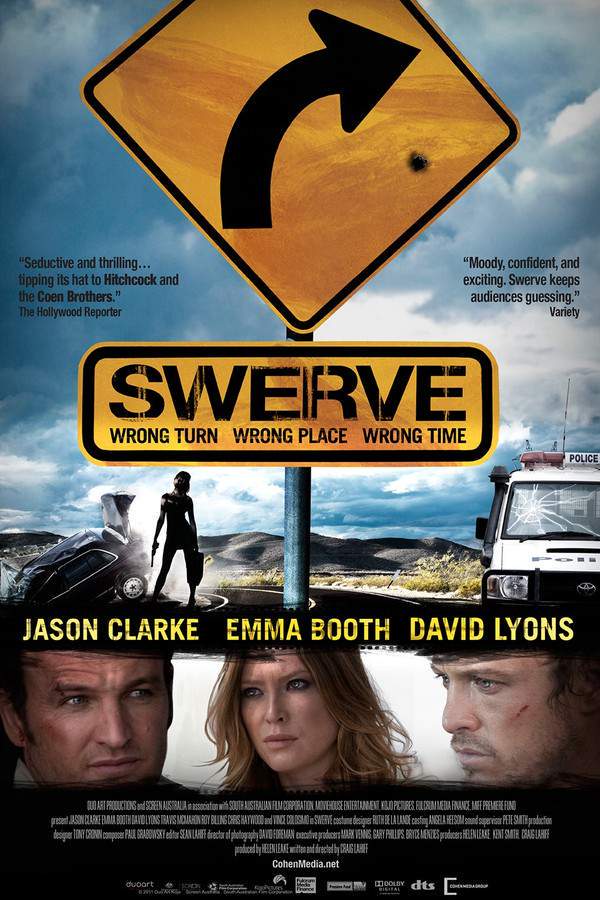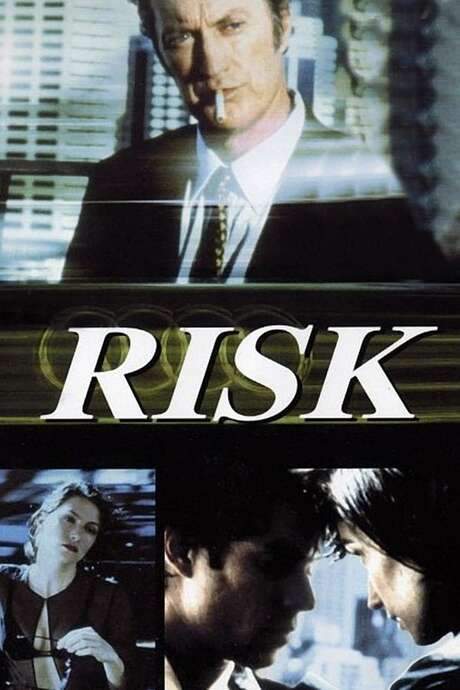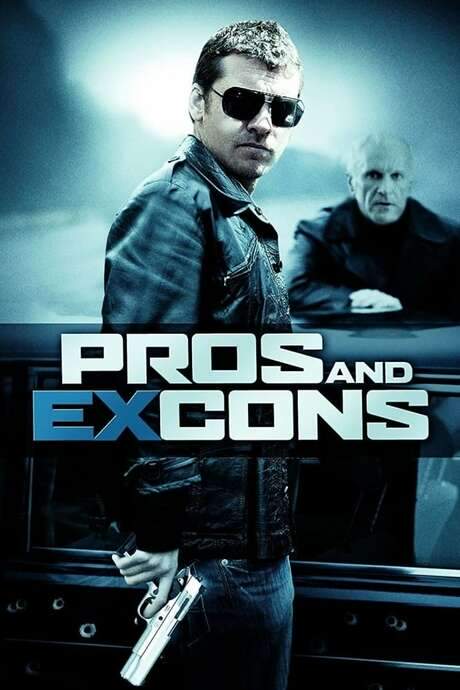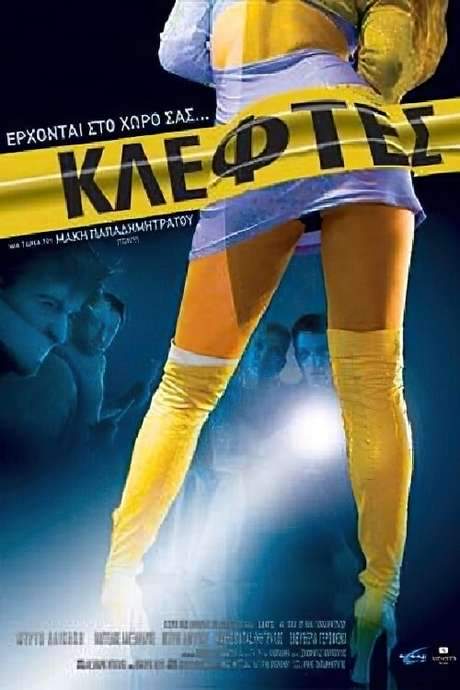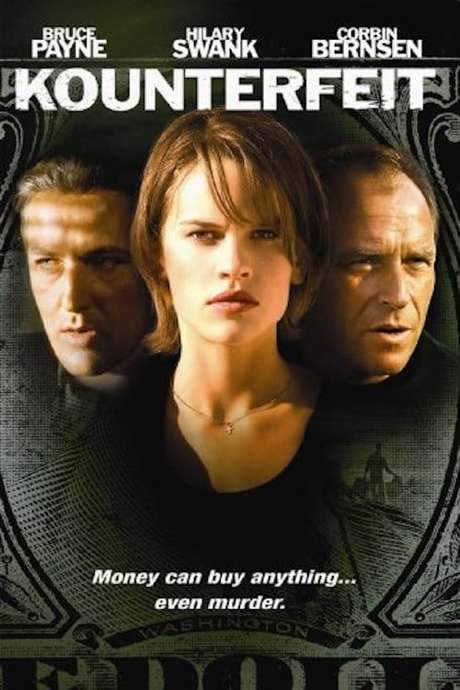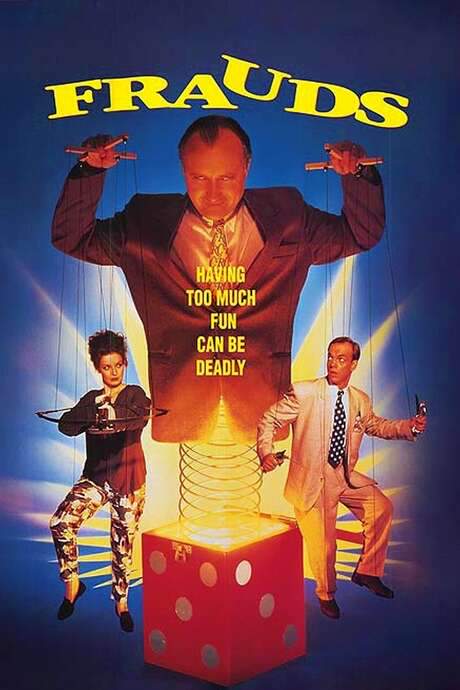
Frauds
Year: 1993
Runtime: 90 mins
Language: English
Director: Stephan Elliott
Insurance investigator Roland Copping is far from ordinary. He meddles in people's lives, using elaborate games and gimmicks to manipulate outcomes. His reckless tactics draw him into a bitter feud with a couple whose bizarre insurance claim triggers an escalating vendetta.
Warning: spoilers below!
Haven’t seen Frauds yet? This summary contains major spoilers. Bookmark the page, watch the movie, and come back for the full breakdown. If you're ready, scroll on and relive the story!
Frauds (1993) – Full Plot Summary & Ending Explained
Read the complete plot breakdown of Frauds (1993), including all key story events, major twists, and the ending explained in detail. Discover what really happened—and what it all means.
Roland Copping, Phil Collins, is a boy who greets his eighth birthday with a small, hopeful ceremony. His mother gives him a pair of dice once belonging to his father, tokens of luck and memory that will come to drive his life. Roland and his brother Matthew craft a makeshift raft, and Roland, after rolling the dice, urges Matthew to climb aboard. They push the raft into the river, and the journey ends in tragedy as Matthew leaps onto an overhead crane, the raft careening toward danger. Their mother rushes to intervene, but in a fateful moment she reaches too late, and Matthew slips from her grasp, vanishing down the river over the waterfall.
Years pass, and Roland has grown into a wily insurance investigator and a relentless practical joker in the town of Andreas. Jonathan Wheats, Hugo Weaving, and his wife Beth Wheats, Josephine Byrnes, a kindergarten teacher, host a lively party with their friends Margaret, Helen O’Connor, and Michael. As a gift, Michael Allen, Peter Mochrie, passes along two tickets to La Bohème, a gesture that seems harmless enough at first.
The following evening, Jonathan is away at the opera house while Beth returns home to a scene of chaos: the house has been ransacked, silver Georgian cutlery missing, and a burglar fleeing with a knife in hand. In a frightening moment of self-defense, Beth fires a crossbow, striking and killing the intruder. When the mask comes off, the dead man is revealed to be Michael, who was attempting a prank gone wrong. In the courtroom, the judge, Vincent Ball, rules the death an accident, and Beth is acquitted for self-defense.
Six months later, the Wheats file a phony compensation claim for their stolen cutlery, hoping to cash in on the tragedy. Roland visits the Wheats’ home to question Jonathan about Michael’s death, and the truth begins to surface: Michael had an accomplice waiting in a getaway car, and when Michael died, the accomplice fled. As Roland leaves, Jonathan asks if they will see him again, and Roland flips one of the dice to imply that their paths will cross again. He even pulls back a curtain to reveal Roland standing across the street, still flipping the dice and watching.
A month later, Roland returns to interview Beth during a game of Twister, his constant rolling of the dice proving a distracting, unnerving presence. He explains the dice belong to his war-hero father and hint at a special, almost magical quality. When Jonathan presses him for relevance to the case, Roland again flips the dice and chooses to continue the conversation tomorrow. Before leaving, he returns a portion of the stolen cutlery and vows to resume the inquiry “tomorrow,” insisting that new evidence requires a fresh search.
The next morning, Roland inspects the claim and, in a chilling reveal, accuses Jonathan of being his partner. The Wheats throw him out in a blaze of anger, but Roland hurls a fork as evidence that the hiding spot—behind a Battle of Austerlitz model in a shed—contains the truth. The fork seems to vanish from sight, prompting Jonathan and Beth to search deeper. When they finally pry open the back of the closet door, a hidden safe containing the stolen cutlery is revealed.
Jonathan confesses he stole the cutlery because Beth has spent much of her life overwhelmed by bills and debt, and the couple decides to pay Roland to stay quiet. But Roland turns the tables with a new form of blackmail, subjecting them to childish pranks designed to humiliate and destabilize them—sending an insurance agent to inspect their car, mailing the crossbow, and decorating their Christmas tree with the stolen utensils and the words “steal me.” The prank escalates to the point where Beth collapses with disgust as an onlooker gapes at the chaos.
Meanwhile, Jonathan locates Roland’s secret hideout, a hidden funhouse-like lair reached through a concealed passage. Traps and a rogue goose named Cesar emerge as Jonathan tries to escape, and he eventually breaks free to pursue Roland to Glendale Clinic, a mental asylum where his brother Matthew has somehow survived the waterfall but is left vegetative and quadriplegic.
Seeing a new opportunity to break the siege, Jonathan asks for two days to win Roland at his game. Beth, worn down, is ready to call the police, but Roland’s latest demand leads them to offer him their car in exchange for silence. At Roland’s birthday party, Beth finally surrenders everything she owns to keep Roland away, but she secretly steals his dice. As she phones Jonathan from a public booth, Roland kidnaps Beth’s ally, and the chase intensifies.
Roland arranges a final confrontation at his own home. He phones Jonathan to lure him in, threatening to plunge Beth down a slide toward a spinning sawblade if he dares to intervene. Jonathan counteracts by revealing a grim gambit: he has kidnapped Matthew and tied him above a pool; if Jonathan dials a certain number, Matthew will be dropped into the water. The revelation shocks Roland, who retorts that his brother is a vulnerable, silent passenger in a life of danger. But Jonathan reveals that Matthew is not vegetative after all—that he can speak and has revealed the truth about their father’s rejection and the injuries Roland inflicted in an attempt to entertain his brother.
Roland gambles that a roll of the dice can set them free, and he rolls. The die lands on one of the “half” numbers, and the balance of power shifts. A brutal fight ensues as Roland activates the final device, sending Beth down the slide, while the sawblade retracts just in time to spare her. In a last attempt to control the situation, he lowers Matthew into the pool, but the plan backfires: the ducky-like display ends with Roland leaping into the pool to rescue Matthew, only to discover that Matthew’s head, when removed, is revealed to be a convincing replica. Roland screams in fury, his triumph undone.
Beth, desperate and finally resolute, calls the police while Jonathan helps Roland from the deadly waters. As they stand by the pool, the sight of “Matthew’s” floating head ignites a bizarre, unsettling laughter that spreads to Beth and Jonathan. The sirens grow louder in the distance, signaling the end of Roland’s game and the beginning of consequences for the man who turned a family’s tragedy into a dangerous, relentless chase.
Last Updated: October 05, 2025 at 12:37
Explore Movie Threads
Discover curated groups of movies connected by mood, themes, and story style. Browse collections built around emotion, atmosphere, and narrative focus to easily find films that match what you feel like watching right now.
Psychological Warfare Movies like Frauds
Stories where vendettas escalate through cruel psychological manipulation and tricks.Explore more films like Frauds where characters engage in obsessive psychological warfare. If you enjoyed the escalating mind games and cruel manipulation in Frauds, these movies feature similar stories of vendettas fought with psychological tactics, creating a tense and unsettling viewing experience.
Narrative Summary
These narratives typically begin with a seemingly minor conflict that spirals out of control due to one character's obsessive nature. The antagonist uses increasingly elaborate and cruel psychological tactics to torment their target, leading to an inevitable, high-stakes confrontation. The journey is defined by a sense of inescapable, escalating chaos.
Why These Movies?
Movies in this thread share a core focus on psychological manipulation as the primary driver of conflict. They create a similar unsettling, high-intensity mood through fast-paced narratives of obsession and revenge, making them perfect for viewers seeking stories about calculated cruelty and mental games.
Bizarre and Chaotic Thrillers like Frauds
Unconventional thrillers with a darkly comic, chaotic, and psychologically unsettling edge.Find more bizarre and chaotic thrillers similar to Frauds. If you liked the unsettling mix of psychological tension, dark humor, and unpredictable chaos in Frauds, this collection highlights movies that share that unique combination of high-stakes thrills and a distinctly offbeat, twisted tone.
Narrative Summary
These films often subvert traditional thriller conventions by introducing absurd or eccentric elements into a serious framework. The narrative structure may feel chaotic, mirroring the unstable mindset of the characters. While the core conflict is intense, the presence of bizarre events or darkly comic moments creates a unique, layered tone that is both gripping and unsettling.
Why These Movies?
These movies are grouped by their shared, unconventional vibe—a potent mix of high tension, psychological depth, and a pervasive sense of the bizarre. They are united by a fast, chaotic pace and a dark tone that is punctuated by strange humor, appealing to viewers who enjoy thrillers with a twisted, unique identity.
Unlock the Full Story of Frauds
Don't stop at just watching — explore Frauds in full detail. From the complete plot summary and scene-by-scene timeline to character breakdowns, thematic analysis, and a deep dive into the ending — every page helps you truly understand what Frauds is all about. Plus, discover what's next after the movie.
Frauds Timeline
Track the full timeline of Frauds with every major event arranged chronologically. Perfect for decoding non-linear storytelling, flashbacks, or parallel narratives with a clear scene-by-scene breakdown.

Characters, Settings & Themes in Frauds
Discover the characters, locations, and core themes that shape Frauds. Get insights into symbolic elements, setting significance, and deeper narrative meaning — ideal for thematic analysis and movie breakdowns.

Frauds Spoiler-Free Summary
Get a quick, spoiler-free overview of Frauds that covers the main plot points and key details without revealing any major twists or spoilers. Perfect for those who want to know what to expect before diving in.

More About Frauds
Visit What's After the Movie to explore more about Frauds: box office results, cast and crew info, production details, post-credit scenes, and external links — all in one place for movie fans and researchers.

Similar Movies to Frauds
Discover movies like Frauds that share similar genres, themes, and storytelling elements. Whether you’re drawn to the atmosphere, character arcs, or plot structure, these curated recommendations will help you explore more films you’ll love.
Explore More About Movie Frauds
Frauds (1993) Scene-by-Scene Movie Timeline
Frauds (1993) Movie Characters, Themes & Settings
Frauds (1993) Spoiler-Free Summary & Key Flow
Movies Like Frauds – Similar Titles You’ll Enjoy
Rising High (2020) Full Movie Breakdown
The Trust (2016) Full Summary & Key Details
Deception (2008) Detailed Story Recap
Small Time Crooks (2000) Spoiler-Packed Plot Recap
Entrapment (1999) Ending Explained & Film Insights
The Hustle (2019) Detailed Story Recap
Swerve (2013) Ending Explained & Film Insights
A Fine Mess (1986) Plot Summary & Ending Explained
Risk (2000) Complete Plot Breakdown
Fink! (2005) Spoiler-Packed Plot Recap
Scandalous (1984) Spoiler-Packed Plot Recap
Thieves (2007) Spoiler-Packed Plot Recap
The Swindle (1955) Story Summary & Characters
To Be a Crook (1965) Complete Plot Breakdown
Kounterfeit (1996) Complete Plot Breakdown

